UW Evans School Ph.D. Candidate Vedavati Patwardhan was recently awarded a grant from the Horowitz Foundation for Social Policy for continued research on the impacts of providing cash assistance to pregnant and nursing mothers on children’s nutritional status in India – an important indicator for their future life success. We discussed how her work will be crucial in understanding how maternal cash transfer programs can have the most impact in low- and middle-income countries, both in how they are designed and implemented, so that those most in need receive the intended benefits.
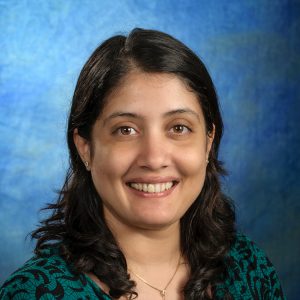
“Cash transfer schemes are a popular policy tool in many low- and middle-income countries, and programs specifically targeting pregnant and lactating mothers are also gaining popularity…
My findings of the cash transfer program’s impact in Odisha, India speaks to the importance in design of these cash benefit schemes and who benefits in the long-run.”
What inspired you to research the effectiveness of cash assistance for pregnant and nursing mothers in India?
The first 1000 days of life provide a crucial window of opportunity in shaping a child’s future health. So, cash benefits that target mothers during pregnancy and lactation have a high potential to improve child nutrition. In 2017, the Central Government of India launched a national maternal cash benefit scheme, but the Mamata Scheme, which is a state-level program, was a precursor to the national program by 7 years. This inspired me to analyze the effect of maternal cash benefits in India, and the Mamata Scheme in Odisha in particular.
Malnutrition is a large global problem and India accounts for the largest burden of child undernutrition worldwide despite rapid economic growth following economic liberalization. In 2016, the India National Family Health Survey found that 38% of Indian children under the age of 5 had a low height-for-age, (stunting), and 21% suffered from a low weight-for-height (wasting), meaning more than 70 million children had indicators of malnutrition.
Why is it necessary to focus on program assistance to mothers specifically versus the whole family?
Research shows that women’s economic empowerment is linked to a positive effects on a household’s food security, children’s nutrition & health, and education. There are several female-centric policies in low and middle-income countries like India, and the underlying rationale for this is evidence showing that women spend money differently than men, resulting in better children’s outcomes and second, that these policies also empower women. Specific to cash transfers, providing cash assistance to mothers has been linked to higher female autonomy within the household.
Turning to interventions targeting pregnant and nursing mothers: these are important, as poor maternal health has adverse consequences on child mortality and nutrition, and women in low- and middle-income countries often face barriers to access crucial maternity care services. Increased financial resources in the hands of mothers may improve their ability to exercise preferences, reduce poverty related stress, and improve physical and mental conditions.
Given the current context of COVID-19’s tremendous impact in India, why do you think this research is vital, particularly now?
The COVID-19 pandemic has greatly exacerbated India’s nutrition challenges. The government’s health and development centers (Anganwadis) were closed, and closed schools meant no midday meals. Economic insecurity has been a double whammy, with rising food prices and job losses forcing people to cope by reducing the quality and quantity of meals. Analyzing government policies such as cash transfers is important to understand the extent these programs mitigate adverse nutritional effects for children in the aftermath of an economic shock.
Are there any general results or themes you are already seeing that you’re able to share?
I find that being eligible for the Mamata Scheme improves some, but not all measures of child nutrition. Children’s weight-for-height and weight-for-age improved after the Mamata Scheme, but, notably, I do not find significant improvements in children’s height-for-age, which is considered a more reliable wellbeing indicator in early childhood. I also find that children in poorer households benefit significantly less than those in wealthier households, suggesting that marginalized populations may be having difficulties with participating in the program.
What do you hope the results from your research will provide for India, as well as other low- and middle-income countries?
Cash transfer schemes are a popular policy tool in many low- and middle-income countries, and programs specifically targeting pregnant and lactating mothers are also gaining popularity (e.g. Indonesia’s Keluarga Harapan, Nicaragua’s Red de Proteccion and the Child Development Grant in Nigeria). The introduction of the national maternal cash benefit scheme in India 2017 signals the rising popularity of these schemes in the Indian context as well.
My findings on the impact of the Mamata Scheme speak to the importance in design of these cash benefit schemes and who benefits in the long-run. Policymakers may wish to pay special attention to whether the universal nature of the scheme (i.e. not selecting beneficiaries based on income) needs modification. Also, further research is needed to understand whether program conditions (women needing to fulfill a set of ante and prenatal care conditions to receive cash) restrict access for marginalized groups. The results are also a reminder that investments in complementary factors such as maternal education, access to clean water, sanitation, and health care are crucial in addition to maternal cash benefit programs.
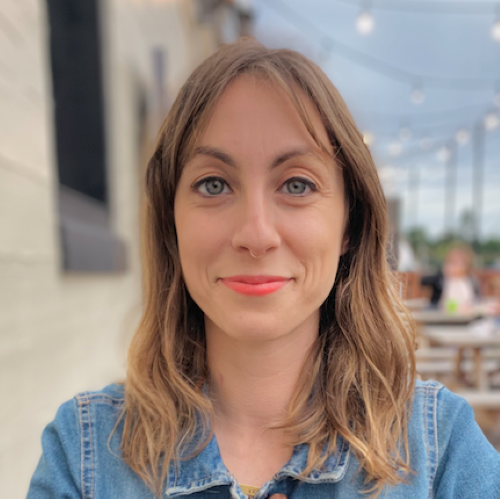
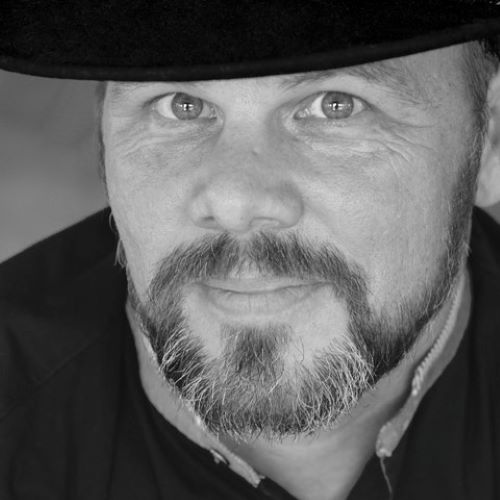
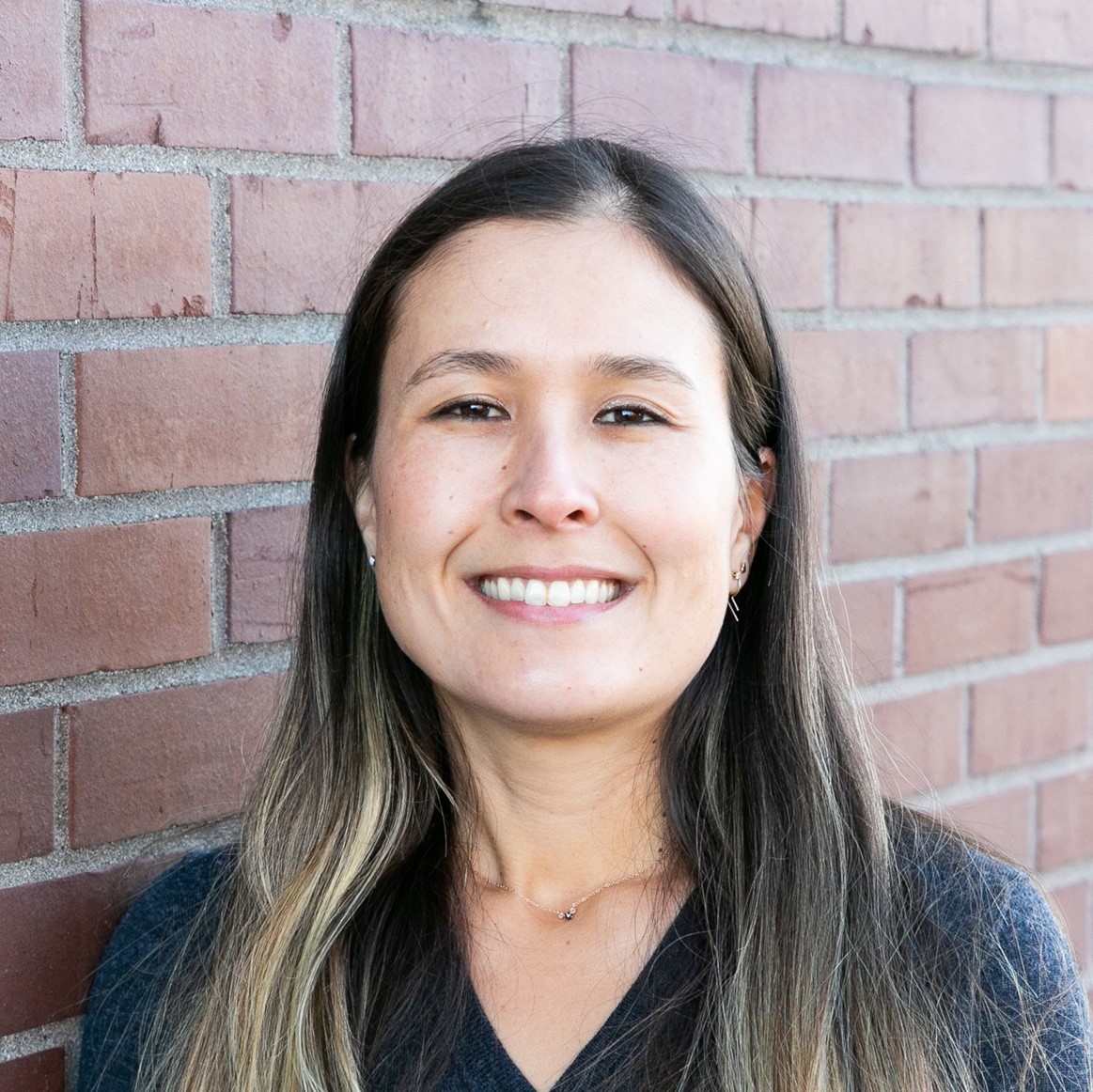
 Allison was born and raised in the Seattle area and grew up playing on Alki beach, kayaking across Lake Sammamish, and sailing around Puget Sound with her family. She spent her summers studying abroad and eventually moved to the United Kingdom to pursue her bachelor’s degree in law at University College London. After graduating, she moved to Southern California to be the primary guardian for her teenage sister. She had developed a passion for environmental law throughout her undergraduate studies, so after her sister left the nest, Allison decided to pursue a master of public administration, concentrating in environmental policy, at the UW Evans School of Public Policy & Governance. During this time, she also worked as the nonprofit coordinator at the Washington State Parks Foundation. Throughout her academic work in and professional experience in outdoor recreation and conservation, she knew she wanted to pursue a career in marine and coastal policy, specializing in natural resource management.
Allison was born and raised in the Seattle area and grew up playing on Alki beach, kayaking across Lake Sammamish, and sailing around Puget Sound with her family. She spent her summers studying abroad and eventually moved to the United Kingdom to pursue her bachelor’s degree in law at University College London. After graduating, she moved to Southern California to be the primary guardian for her teenage sister. She had developed a passion for environmental law throughout her undergraduate studies, so after her sister left the nest, Allison decided to pursue a master of public administration, concentrating in environmental policy, at the UW Evans School of Public Policy & Governance. During this time, she also worked as the nonprofit coordinator at the Washington State Parks Foundation. Throughout her academic work in and professional experience in outdoor recreation and conservation, she knew she wanted to pursue a career in marine and coastal policy, specializing in natural resource management.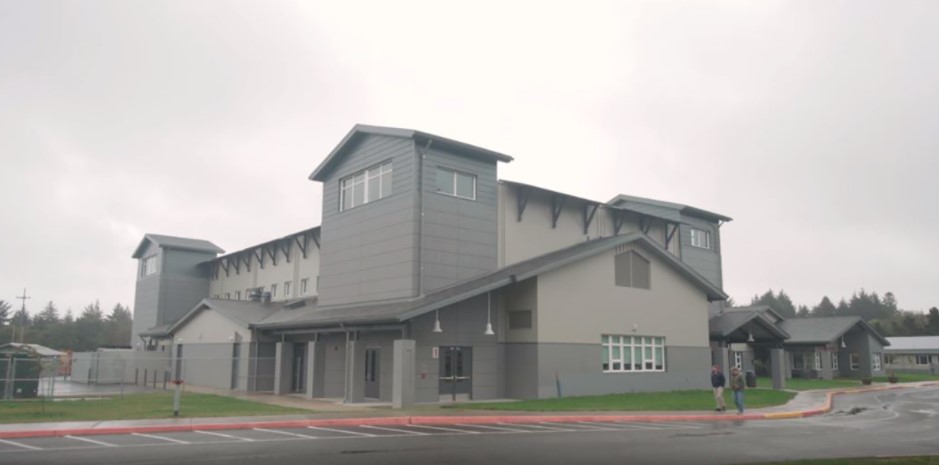


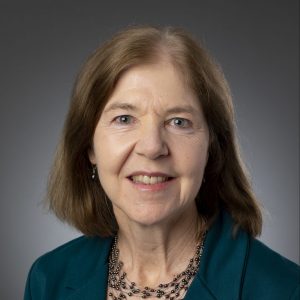 U.S. Environmental Protection Agency (EPA) Administrator Michael S. Regan has announced his selections for membership of the Science Advisory Board (SAB), including
U.S. Environmental Protection Agency (EPA) Administrator Michael S. Regan has announced his selections for membership of the Science Advisory Board (SAB), including 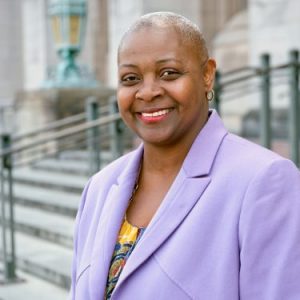 University of Washington President Ana Mari Cauce and Provost Mark A. Richards announced the selection of
University of Washington President Ana Mari Cauce and Provost Mark A. Richards announced the selection of